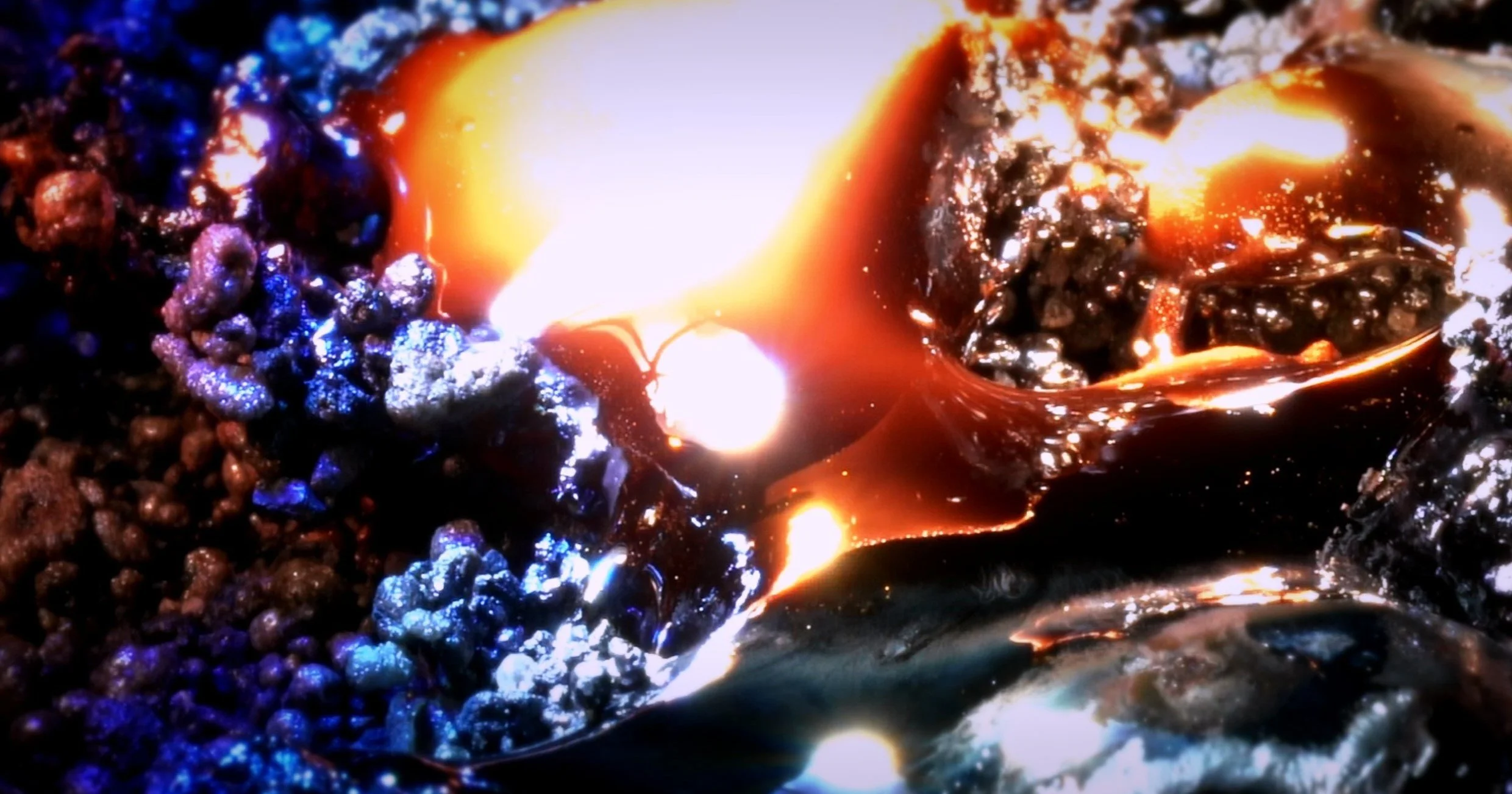SUPERFLEX
October 30, 2025 - April 4, 2026 | State Art Gallery, Sopot
SUPERFLEX, Hunga Tonga (2021), video; 22 minutes (video still)
On the shores of the Baltic Sea, overlooking the Bay of Gdańsk, artists from Poland, France, Ireland, Lithuania, Latvia, Estonia, Greece, Australia, the United States, Chile, India, South Korea, and the Caribbean have gathered for this group exhibition. The State Art Gallery’s unique location in Sopot provides a natural context for reflecting on our physical, mental, emotional, and spiritual connection to the ocean. The international group of artists broadens this perspective, opening up space for diverse interpretations and sensibilities. Here, water becomes a connecting thread—a common denominator that weaves together artistic practices emerging from diverse cultures and contexts.
The project’s partners are the Institute of Oceanology of the Polish Academy of Sciences and the University of Gdańsk, whose knowledge and experience enrich the exhibition’s artistic dimension with a scientific perspective and reflection on the condition of the oceans.
Central to the exhibition is the question of what it means to become ocean, to return our human bodies to the immense body of water that covers over two-thirds of the Earth. Scientists have long been investigating the watery origins of life on our planet, initially including tide pools and hot springs as possibilities. Modern research has hypothesised that life originated near deep sea hydrothermal vents, as the chemicals found in these vents and the energy they provide could fuel the many reactions needed for the evolution of life.
Down Deep begins from this hypothesis of life’s oceanic origins at least 3.5 billion years ago to consider our innate connectivity to the water and, by extension, how we came into being and continue to exist as a collective species. In this, the exhibition moves against the philosophical, religious, and techno-industrial lineage of anthropocentrism that continues to divide us from our environments and which was furthered by the advent of modern science and agriculture, with its embedded intent to tame, categorise and contain the world around us. If we were to relinquish the binds of this human exceptionalism, how might we understand ourselves within a larger body of enveloping life and start to exist in communion with the deep and profound rhythms of the ocean?

